From torontosun.com link to article by Mark Bonokoski, Sept 18th 2019
In the pre-writ month of August, when our Liberal prime minister was dishing out billions like candy, Liberal MP Mike Bossio showed up at the Tyendinaga Mohawk reserve with his own cheque in hand.
None of the national media chose to attend, however, deciding that the promise of a few thousand bucks for a traffic roundabout on a reserve was not necessarily newsworthy when billions were being tossed around elsewhere.
Yet, there was Bossio, nonetheless holding his little press conference for the local media, all while surrounded by at least three dozen illegal pot dispensaries and an equal number of smoke shacks illegally selling Native-manufactured cigarettes to non-Indigenous clientele.
It’s no wonder a roundabout is needed. The traffic is hell.
But, those on-reserve shops essentially rob Canadians of millions of dollars annually in lost tax revenues from legally purchased cigarettes (the price of which is 70% tax) and legally acquired cannabis products.
THC-laced edibles, from cookies to gummies – which are not yet legal in Canada – are found at virtually every pot shop on Tyendinaga.
In fact, you can buy online and never step foot on Tyendinaga. A kilo of red Lebanese hashish, for example, can be bought online for $8,000 and delivered to your door by Canada Post, a Crown corporation.
How many laws are being broken just by Canada Post being a mule?
Yet Bossio made no mention of this in-your-face shunning of multiple federal and provincial laws, even after I pressed him with an e-mail which carried the subject line: “How was the Wild West?”
Bossio, however, was not there to answer blunt queries about pot shops and smoke shacks. He was there to secure votes for his south-central Ontario riding of Hastings-Lennox & Addington, of which Tyendinaga is a part.
Still, my e-mail to him was fairly direct.
“What do you think of all the pot shops popping up, and that’s on top of all the smoke shacks there?” I asked Bossio. “What I see here is an MP going onto First Nations land to get headlines for an infrastructure project where laws of all sorts are being broken left, right, and centre.
“Surely you don’t think this is right, or do you?”
When I finally heard back, it wasn’t from Bossio.
It was from the office of former Toronto police chief Bill Blair who, before the writ dropped, was Minister of Border Security and Organized Crime Reduction, as well as Justin Trudeau’s point man on the legalization of recreational marijuana.
The first response was unusable and answered nothing.
And I told Blair’s office so.
Next thing, I was hearing from Marie-Emmanuelle Cadieux, a more senior communications officer in his office, picking up where the first communication left off, but not saying a word about smoke shacks.
Instead, she talked about the pot shops on Tyendinaga, how they are all breaking the law, and how her quotes could be attributed to Blair.
“The Cannabis Act explicitly prohibits the illegal production and sale of cannabis, (and) it includes serious penalties and significant fines that law enforcement can use to curtail illegal activity,” she wrote.
So, who enforces these laws?
“Enforcement is up to the police of jurisdiction,” wrote Cadieux. “In this case, it is the Ontario Provincial Police.”
That, however, is almost laughable.
The OPP has learned bitter lessons from watching the Oka crisis, as well as their own worst-case scenarios in Ipperwash and Caledonia.
They will not step foot on a reserve to shut down a pot shop, not even if there are at least 36 on a small reserve like Tyendinaga, Pop: 4,297.
Reserves are now essentially a law enforcement no-go zone.
Not one has ever been raided.
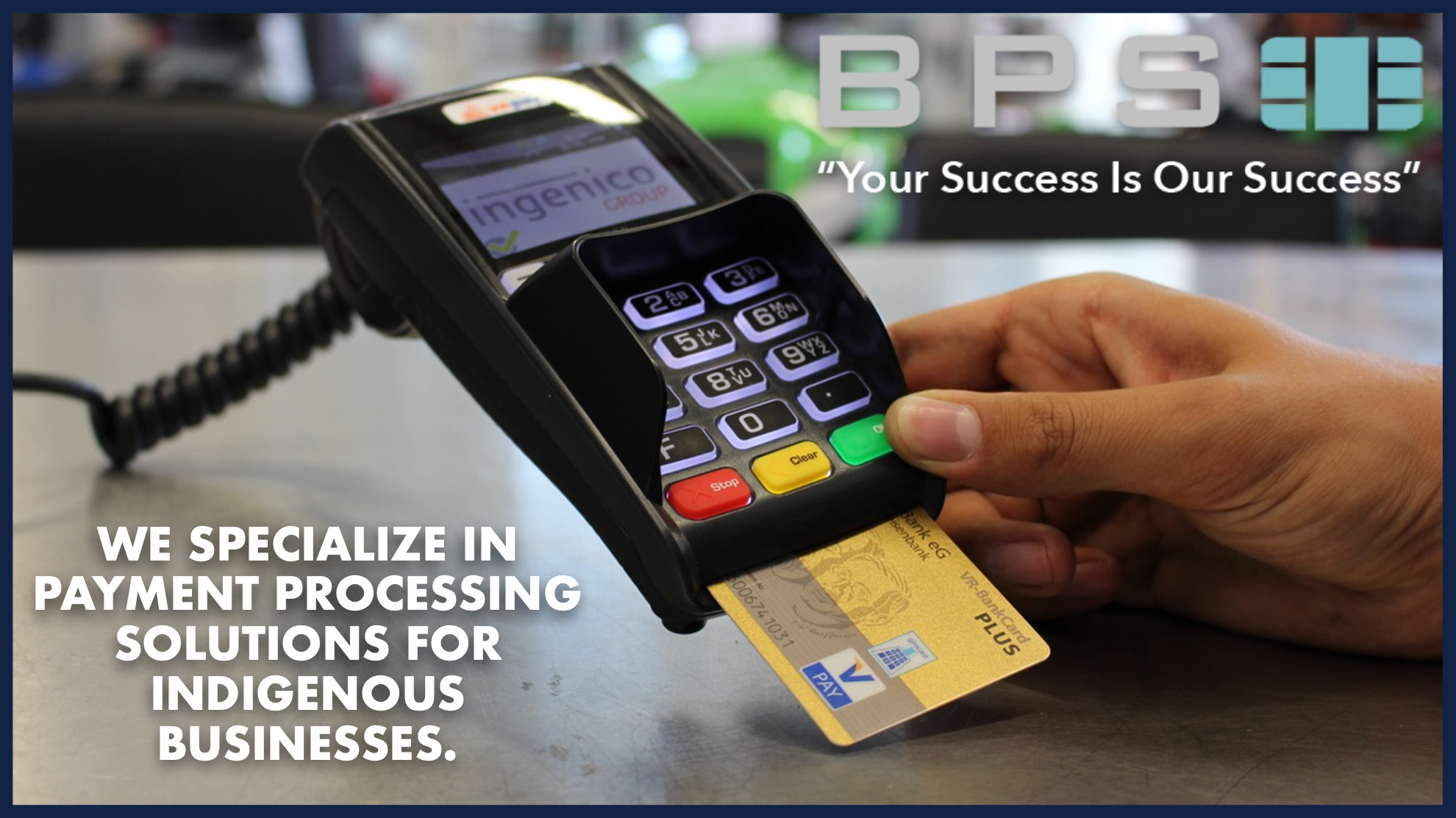

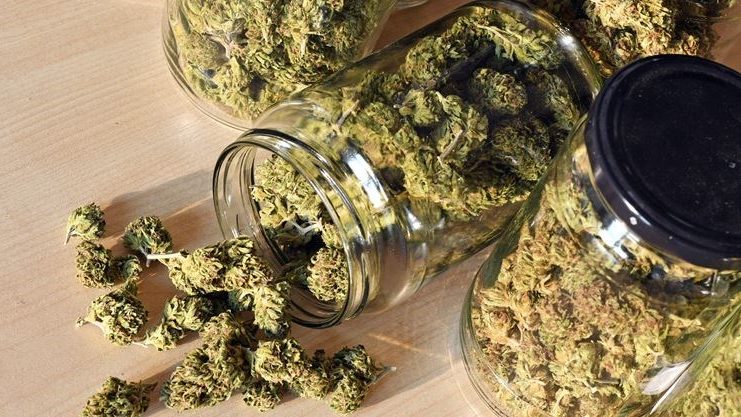








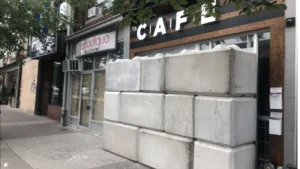
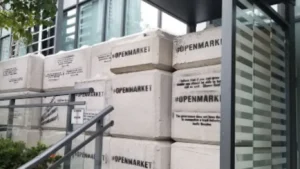

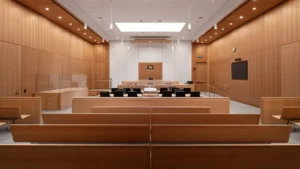



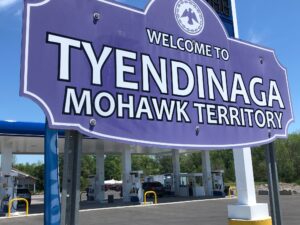
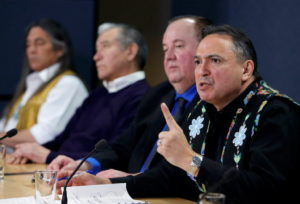
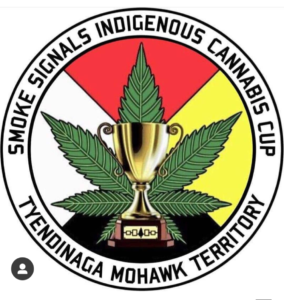
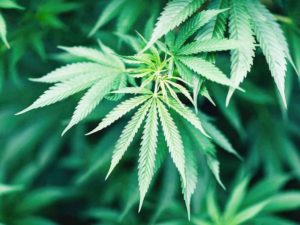

Comments are closed.